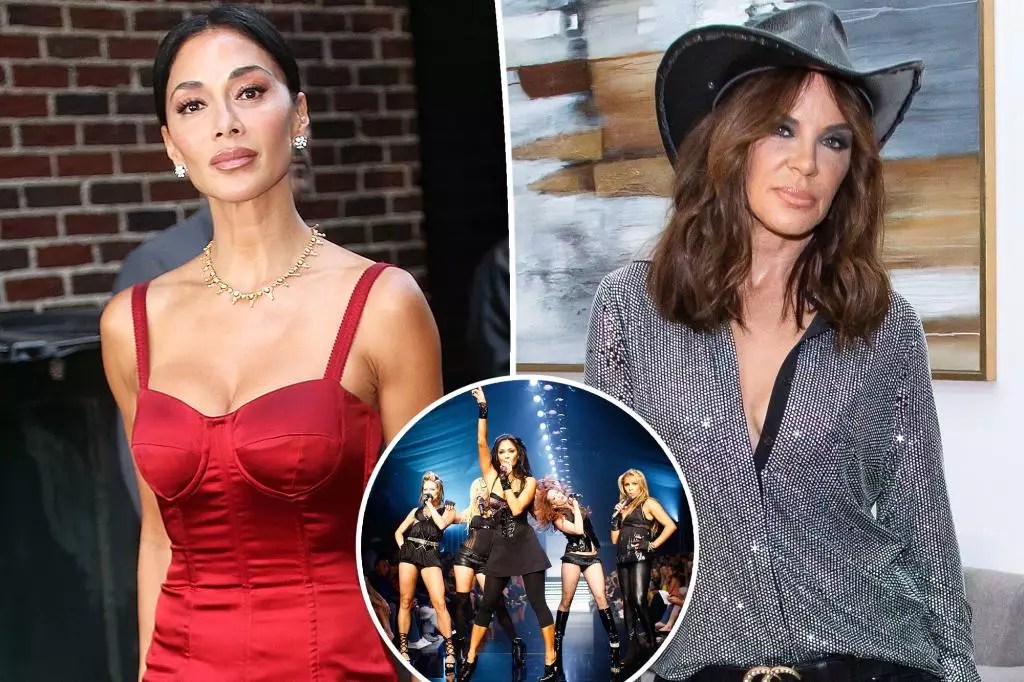The legal saga between Nicole Scherzinger and Robin Antin, the founder of the Pussycat Dolls, has finally reached a resolution after three tumultuous years, shedding light on the complexities behind the scenes of one of pop music’s most iconic girl groups. This legal battle stemmed from the anticipated reunion tour of the Pussycat Dolls, which promised to reignite the flames of nostalgia but instead spiraled into a public dispute that captured media attention. The announcement from Page Six confirmed that attorneys for both parties filed documents in Los Angeles indicating that a settlement had been reached, though the specific terms remain undisclosed.
The tussle began in September 2021 when Antin initiated a lawsuit against Scherzinger for her alleged refusal to participate in the group’s tour unless given disproportionate creative control and profits. Such demands highlighted the underlying tensions within the group, suggesting a rift that had deepened over time. Scherzinger’s request for a renegotiation came after several delays caused by the COVID-19 pandemic, illustrating the broader impact that external events can have on personal and professional relationships in the entertainment industry.
The emotional fallout from these legal proceedings extended beyond the courtroom, impacting the dynamics among the former bandmates. After Scherzinger announced the cancellation of the tour, her bandmates expressed their disappointment publicly, stating they learned of the decision through social media rather than direct communication. This incident not only reflects a breakdown in relationships but also raises questions about professionalism and mutual respect among artists who once shared a close bond.
In a remarkable twist, as the drama escalated, Scherzinger filed a counterclaim against Antin, accusing her of mismanagement and financial improprieties. This counter-narrative positioned Scherzinger as not just a party to the suit but also as a proactive figure seeking accountability. The disputes marked a notable deviation from the usual image of glamorous pop culture, revealing a complicated reality fraught with conflict, perceived betrayals, and divergent visions of the future.
Despite the months of tension, recent developments suggest that both Scherzinger and Antin have made strides towards reconciliation. Reports indicate that both parties reached a resolution months prior, signaling a potential path towards mending their fractured relationship. This move is particularly noteworthy given Scherzinger’s public expressions of love for her bandmates, hinting at her desire to reconnect with her roots in music.
As she continues to perform on Broadway in “Sunset Boulevard,” Scherzinger’s professional journey seems to be taking a new direction. Her comments about potentially reuniting with the Pussycat Dolls in the future reveal a willingness to leave past grievances behind in favor of collaboration and celebration of their shared history. The resolution of this legal dispute not only symbolizes personal growth for both women but also opens doors for the future of the Pussycat Dolls, suggesting that sometimes, even amidst adversity, there is room for revival and unity.
In the ever-evolving world of entertainment, such a resolution serves as a reminder of the human element behind the glamour, as artists navigate personal and collective challenges in their careers.


Leave a Reply